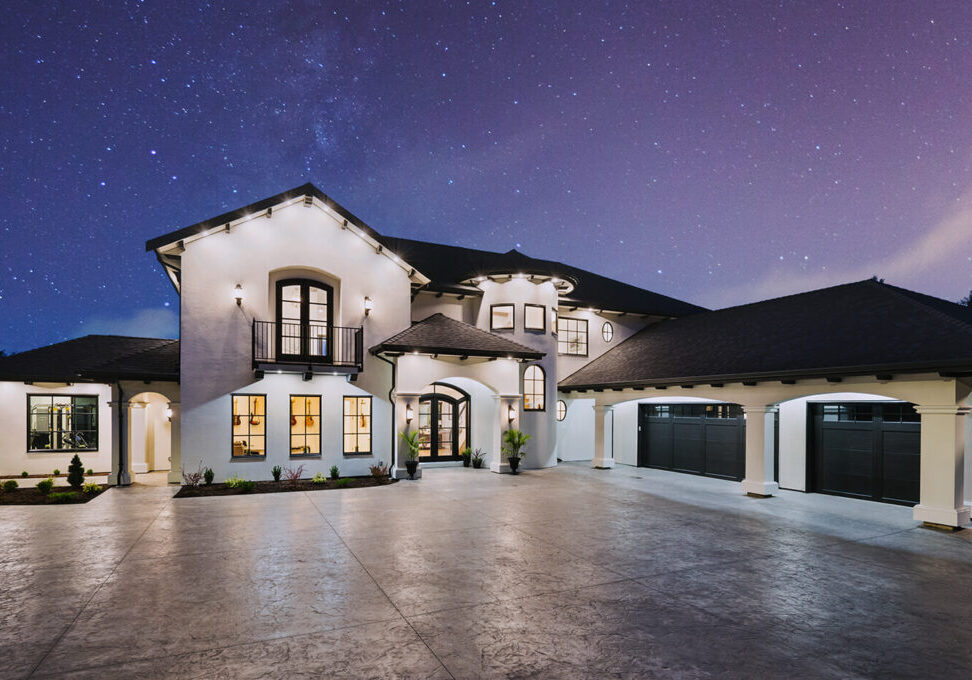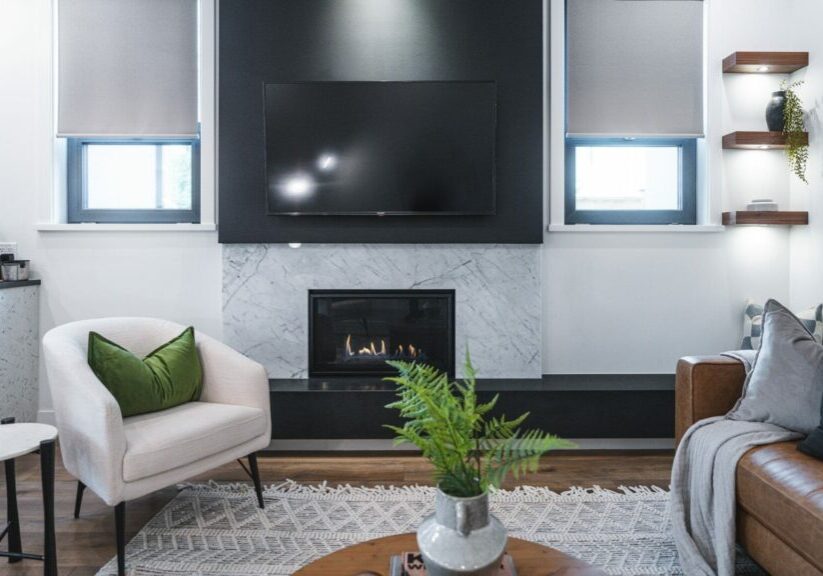
When it comes to choosing between building a custom home and purchasing a pre-made one, financial considerations often play a significant role in the decision-making process. Financing a custom home project involves a different set of options compared to traditional mortgages. In this blog post, we’ll delve into the world of custom home financing, exploring the three primary transactions involved and the various financing methods you should be aware of.
- Land Purchase: Understanding Lot/ Land Loans
The journey of building your custom home begins with securing a suitable plot of land. For this, you might explore lot/land loans, which provide the necessary funds to purchase the land. Land loans differ from standard mortgages due to the absence of a home as collateral. In most cases, you can’t purchase land with no down payment. To qualify for a land loan, you’ll need to provide information on your financial history, annual earnings, the loan’s total cost, duration, and your ability to make a down payment. Factors such as zoning, land use restrictions, surveyed boundaries, and utility access are also considered in assessing the risk. While land loan interest rates can be higher, a solid credit score and low debt-to-income ratio can help lower the overall cost.

- Construction Financing: The Ins and Outs
A construction mortgage, sometimes referred to as a builder’s mortgage, empowers you to finance the construction of a home that doesn’t yet exist. This means you can choose a plot, design the house, and oversee its construction. Unlike conventional mortgages, construction mortgages are paid out in smaller increments or “draws” as different construction phases are completed. This approach ensures that the contractor receives funds proportional to the progress of the project. Construction mortgages can be fixed or variable-rate, and they often require a down payment. Some even transition to standard mortgages after construction is complete and a certificate of occupancy is obtained. During the construction phase, you might only be required to pay interest on the amount drawn, with principal and interest payments kicking in after completion.
- Construction-to-Permanent Loans vs. Standalone Construction Loans
Once your custom home is ready, you might need a permanent mortgage for the completed property. If you opted for a construction-to-permanent (C2P) loan, the transition to a standard mortgage is seamless, with no need for additional closing costs or applications. In contrast, a standalone construction loan is a short-term financing option that requires repayment once construction concludes. To transition from a standalone construction loan to a permanent mortgage, you’ll need to apply for a mortgage separately, potentially subjecting you to new closing costs. C2P loans streamline this process, offering convenience and financial efficiency.

- Mortgage: Locking in Permanent Financing
For those who didn’t choose a C2P loan, a mortgage becomes the standard loan for a completed custom home. Mortgage interest rates vary based on factors such as property value, financial standing, and market conditions. Since there isn’t a built home to serve as collateral, lenders often require a significant equity contribution (typically 20%-30%) upfront. This upfront equity ensures your commitment to the project before the loan funds are disbursed.
Deciding between building a custom home and buying a pre-made one involves more than just design choices; financing plays a crucial role. Understanding the intricacies of land loans, construction mortgages, and permanent mortgages empowers you to make informed decisions throughout your custom home journey. Whether you opt for a standalone construction loan, a C2P loan, or a traditional mortgage, each financing option has its advantages and considerations. By weighing these factors against your personal circumstances and goals, you can embark on your custom home project with confidence.
Curious about the cost of building your dream home?
Use the Versa Homes quick budget tool to get an estimate and take the first step toward your new home today!




